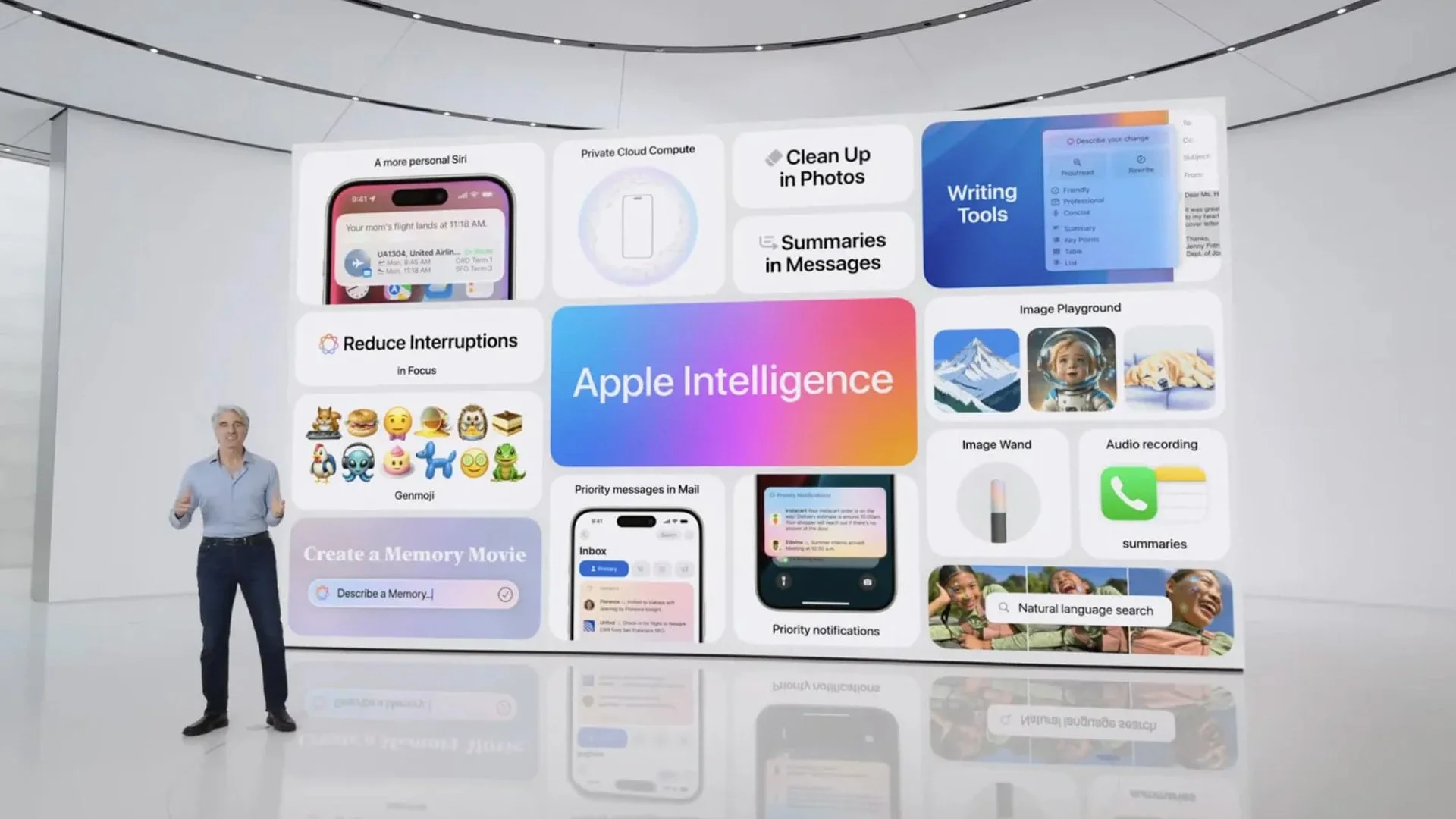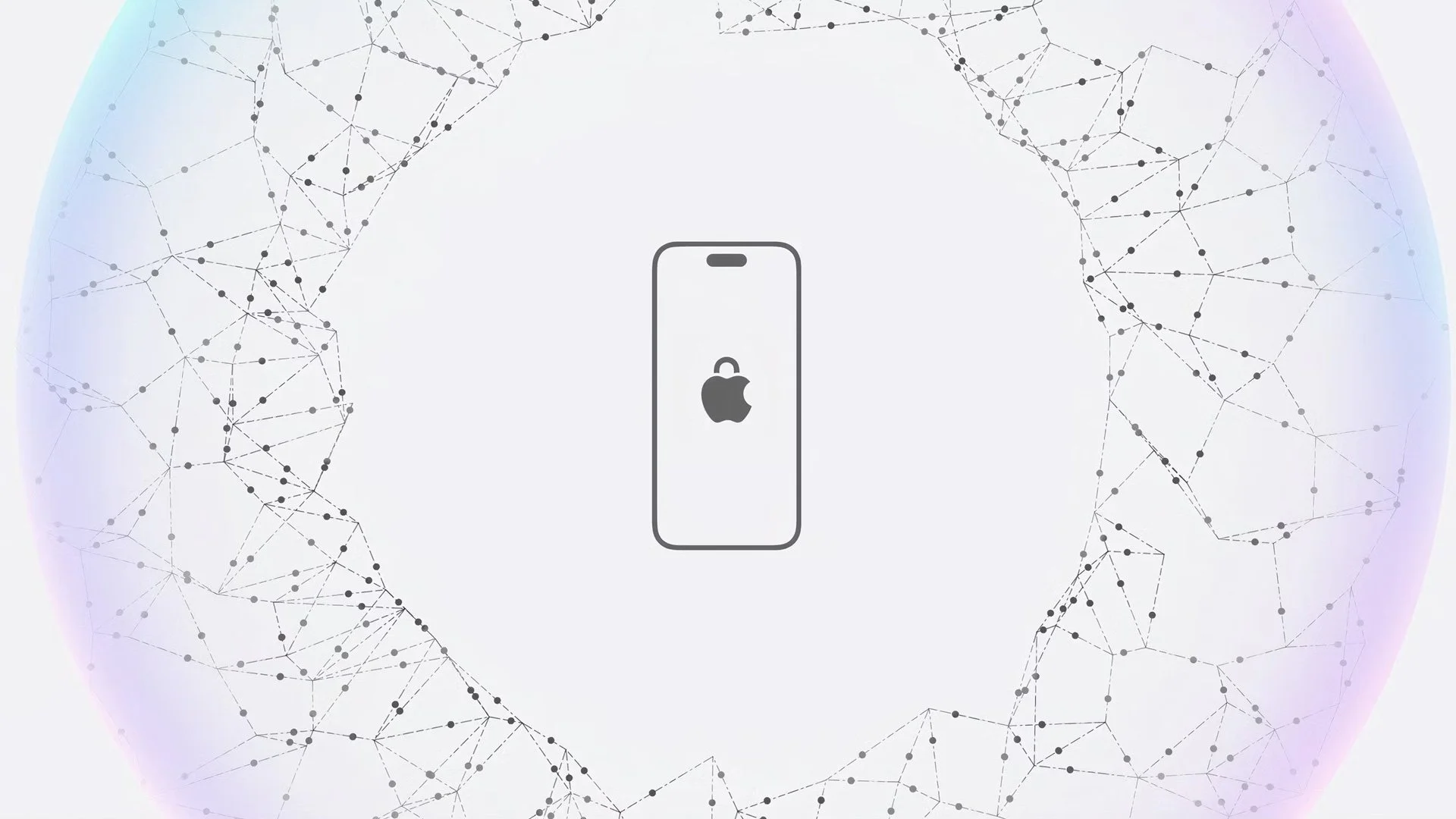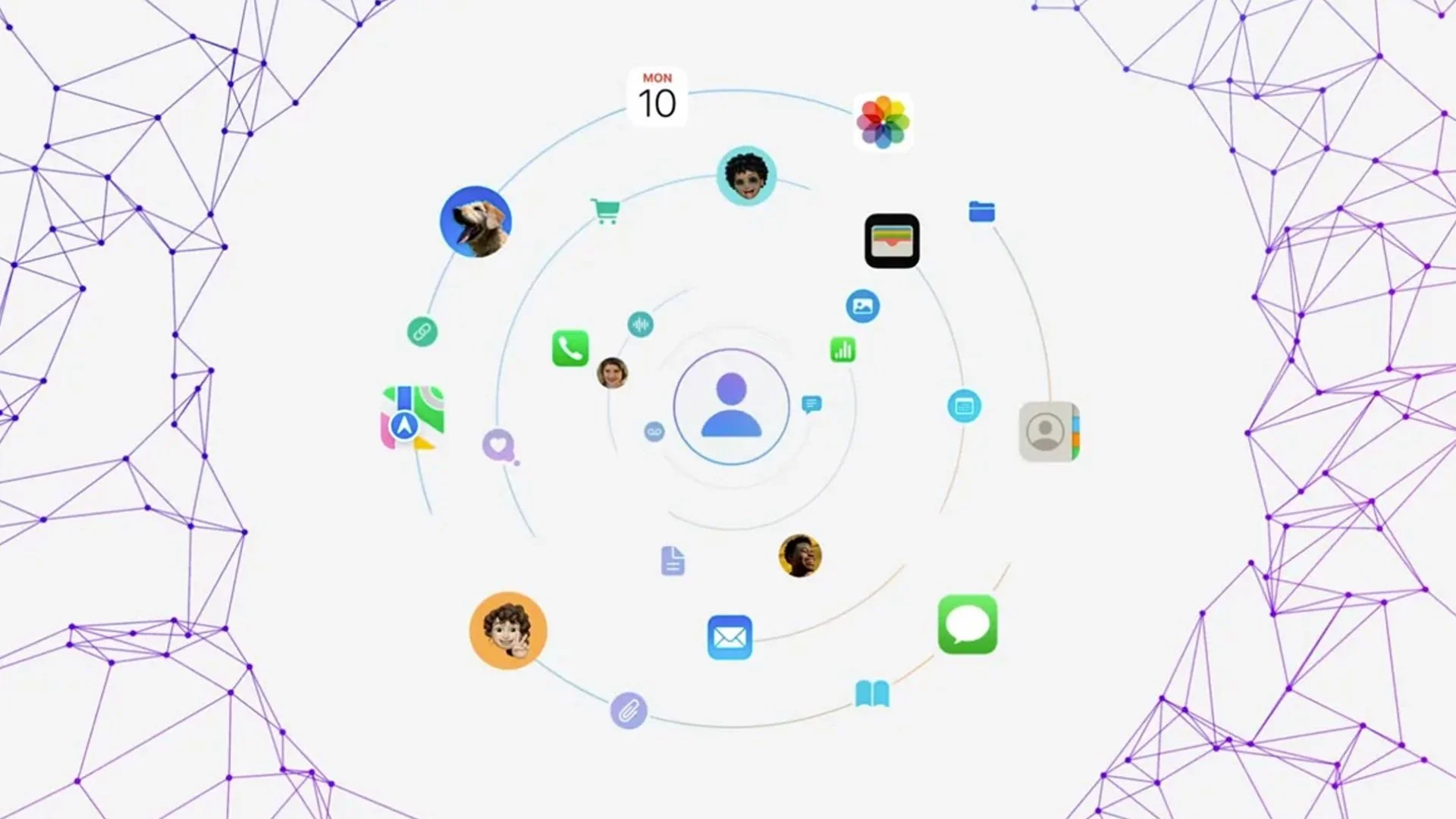What is Apple Intelligence?
Apple Intelligence is a new feature introduced by Apple that incorporates powerful generative models into the core of iPhone, iPad, and Mac devices. It’s designed to enhance the user experience by providing advanced AI capabilities such as writing assistance, language creation, and image generation. Here are some key points about Apple Intelligence:
Writing Tools: It includes systemwide writing tools that help users rewrite, proofread, and summarise text across various applications like Mail, Notes, Pages, and even third-party apps.
Personal Context: Apple Intelligence draws on the user’s context to deliver relevant and helpful AI-powered suggestions and actions.
Privacy: Apple emphasises privacy with its Private Cloud Compute, which allows computational capacity to flex and scale between on-device processing and server-based models running on dedicated Apple silicon servers.
Compatibility: Not all devices support Apple Intelligence. For instance, the iPhone 15 and iPhone 15 Plus with the A16 Bionic chipset will not support Apple Intelligence, while the iPhone 15 Pro models with the A17 Pro chipset will offer all the advanced features.
It represents Apple’s approach to integrating AI into everyday tasks, aiming to simplify and accelerate them while maintaining user privacy.
How Will Apple Intelligence Protect My Privacy?
Apple Intelligence, the AI feature introduced by Apple, has raised some privacy concerns among users. Here's how Apple addresses these concerns:
Local Processing: Many of Apple Intelligence's generative AI models can run entirely on a device powered by an A17+ or M-series chip, which means personal data does not need to be sent to a remote server.
Private Cloud Compute: For more complex requests that require cloud-based models, Apple uses servers with Apple silicon that are designed to enhance security by deleting data post-request and masking IP addresses to protect user information.
Publicly Reviewable Server Code: Apple claims that the server code used by Private Cloud Compute will be publicly accessible, allowing independent experts to inspect the code and verify Apple's privacy promises.
User Consent: Apple's partnership with OpenAI for ChatGPT integration requires user consent and maintains privacy measures, but the terms may vary with ChatGPT Plus.
Apple emphasises that with these measures, user data is never stored or made accessible to Apple, and the entire system is set up cryptographically so that Apple devices will refuse to communicate with a server unless its software has been publicly logged for inspection. This approach aims to maintain user privacy while providing the benefits of AI.
When Will We Get Apple Intelligence?
Apple Intelligence is set to debut in a beta state alongside the releases of iOS 18, iPadOS 18, and macOS Sequoia later in 2024. The public beta is expected to be available in July 2024 providing developers and early adopters with an opportunity to explore and test the new AI-powered features. The official release will follow in the fall of 2024. This timeline aligns with Apple's typical release schedules, which often see major software updates in the fall, usually around September.
How Does Apple Intelligence Compare to Others?
Apple Intelligence is Apple's latest foray into the AI space, and it stands out in several ways when compared to offerings from other tech giants like Google. Here's a comparison based on the latest information:
Accessibility: Apple Intelligence will be free to use once it arrives in beta this autumn, while Google's Gemini has a free version and a paid subscription called Gemini Advanced, which costs £18.99/$19.99 a month for a full AI experience.
Language Support: Google Gemini is available in over 40 languages, including English, Japanese, Arabic, Chinese, and more. Apple Intelligence will initially launch in US English, with additional languages expected to be added over the next year.
Integration with ChatGPT: Apple has partnered with OpenAI to integrate ChatGPT into Siri and the new Writing Tools feature of Apple Intelligence. This means users with compatible devices can access ChatGPT for free without needing an account. Those with a paid ChatGPT subscription can also access those features.
Image Generation: Both Apple Intelligence and Google Gemini offer image generation capabilities. Unlike OpenAI's Dall-E, which requires a paid subscription, Gemini and Apple Intelligence will allow image generation for almost all users.
Apple's approach emphasises privacy and integration with personal context, aiming to deliver a user experience that is both helpful and relevant. The company has also been active in acquiring AI startups, suggesting a strong commitment to expanding its AI capabilities. In comparison, Google's Gemini seems to offer broader language support and a tiered access model, catering to both casual users and those with more demanding AI needs.


